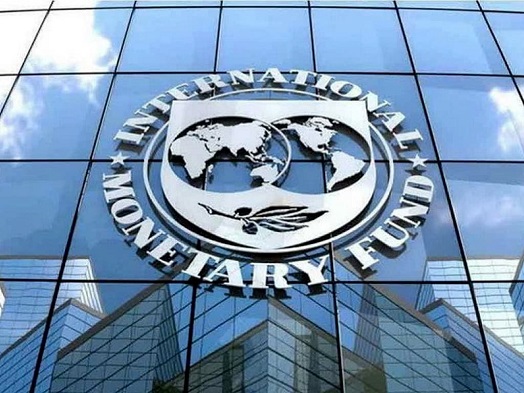The International Monetary Fund (IMF) says it will need sufficient assurances from government on its debt restructuring programme before its Board finally approves the $3 billion deal.
This is coming after the government sealed a three-year arrangement under the Extended Credit Facility (ECF) of about $3 billion.
Addressing journalists on how soon the money will hit the account of the Bank of Ghana, Team Lead of the IMF Mission to Ghana, Stephene Roudet maintained that government would have to come clear on its domestic exchange programme.
READ ALSO: Full text: Ofori-Atta’s speech on $3 billion staff level agreement with IMF
“What is necessary for us to be able to present that programme request to the Board, is the assurances from Ghana’s partners and creditors that the programme is fully financed. The comprehensive debt restructuring that the authority has launched will be sufficient re-establish debt stability. Soon as we have assurances from the creditors, we will be able to present that to our Board”.
Meanwhile, Finance Minister, Ken Ofori Atta has indicated that government will continue to engage stakeholders on the debt exchange programme.
“We are certainly listening and will have engagements and continue with the unions and ask ourselves whether an orderly process to where we want to go is what we all seek. And within that the sacrifices and burden sharing is that we have”.
“I think part of the assurance is that by the time we conclude signing with the Fund, there will be some issues of reforms and expenditure management which all of us in Ghana are keen to”.
The IMF staff held meetings with Vice President Dr. Bawumia; Finance Minister, Ken Ofori-Atta and Bank of Ghana Governor, Dr. Ernest Addison, and their teams, as well as representatives from various government agencies.
The team also engaged other stakeholders.
The mission team concluded expressing gratitude to the government, Parliament’s Finance Committee, the private sector, trade union, and civil society representatives for their open and constructive engagement over the past few months.





